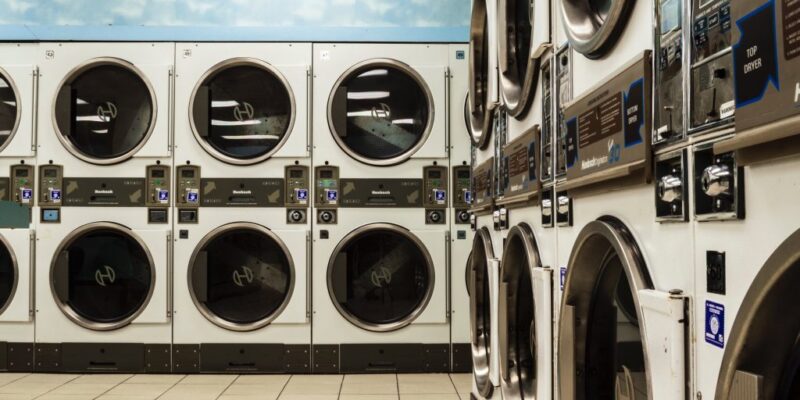When it comes to laundry equipment, there are two primary options to consider: washer extractors and traditional washers. Both serve the purpose of cleaning clothes, but they have distinct differences that can greatly impact the efficiency and effectiveness of your laundry operations. If you operate a commercial laundry business or handle heavy laundry loads regularly, Continental Girbau washer-extractors offer efficiency, durability, and advanced cleaning capabilities. On the other hand, if you have a smaller-scale operation or simply need a reliable machine for personal use, traditional washers can provide a cost-effective solution. In this article, we’ll compare these two types of laundry equipment to help you make an informed decision for your business.
Efficiency and capacity
Washer-extractors are designed with efficiency and large-scale operations in mind. These machines can handle a significant amount of laundry, making them an ideal choice for commercial laundries, hotels, hospitals, and other establishments that require frequent and heavy-duty washing. With their high-speed extraction capabilities, washer-extractors can also reduce drying time and energy consumption. On the other hand, traditional washers are commonly found in households and smaller businesses. They are more compact and have a lower capacity compared to washer-extractors. Traditional washers are suitable for light to moderate laundry loads and are often more cost-effective for personal use.
Washing performance
Washer-extractors are engineered to provide exceptional cleaning performance. They utilize advanced technology, such as programmable controls and customizable wash cycles, which allow for precise adjustments tailored to different fabric types and soil levels. Additionally, some models offer specialized features like automatic detergent dispensers and steam cleaning options, ensuring superior cleanliness and stain removal. While traditional washers may not offer the same level of customization and advanced features, they are still capable of effectively cleaning most laundry loads. With various preset wash cycles and temperature settings, you can get satisfactory cleaning results for everyday clothing items. However, heavily soiled or delicate garments may require more attention and care.
Durability and maintenance
Washer-extractors are built to withstand heavy usage and demanding laundry environments. They are constructed with durable materials and components, ensuring longevity and reducing the need for frequent repairs. This commercial washing machine often comes with warranty options and reliable customer support, giving you peace of mind when investing in high-quality laundry equipment. Traditional washers are generally more affordable but may require more frequent maintenance or repairs over time. It is important to follow the manufacturer’s guidelines for maintenance and avoid overloading the machine to maximize its lifespan.
Cost considerations
The initial cost of purchasing a washer-extractor can be higher compared to traditional washers. However, if you have a high laundry volume, the efficiency and durability of these machines can lead to long-term cost savings. Washer-extractors also offer faster washing and drying cycles, reducing labor costs and energy consumption. Traditional washers are typically more budget-friendly, making them a popular choice for residential use. They require less investment upfront but may incur higher operating costs due to longer washing and drying times. If you have a limited laundry volume, a traditional washer could still meet your needs without breaking the bank.
From the above washers’ comparison, both options have their merits depending on your specific requirements. Consider your laundry volume, budget, and cleaning expectations to make the best choice for your laundry equipment needs.












